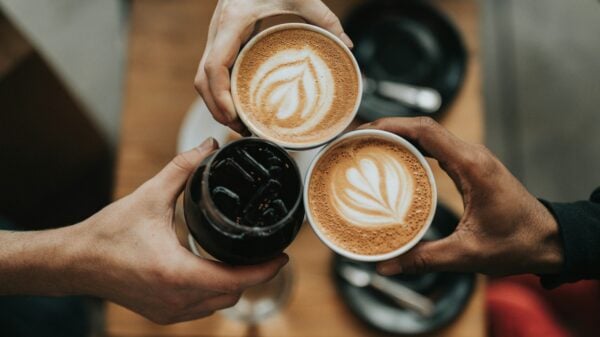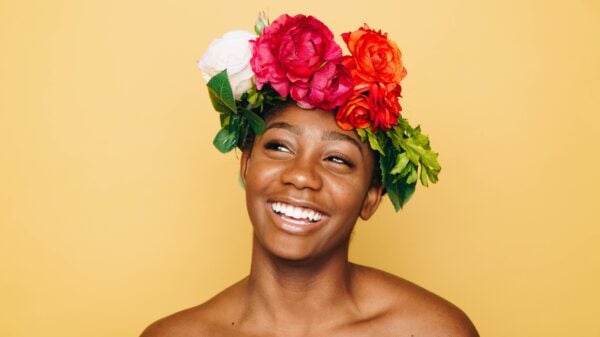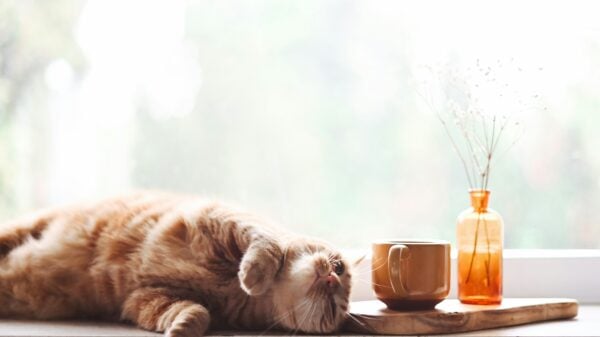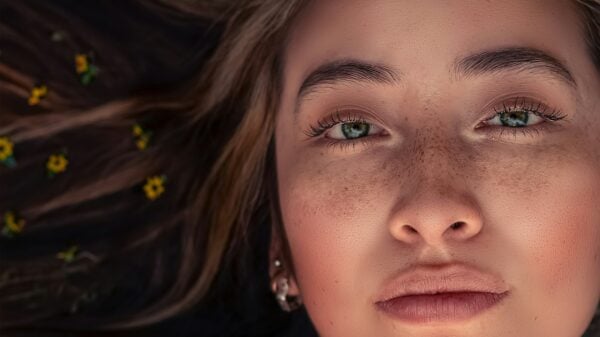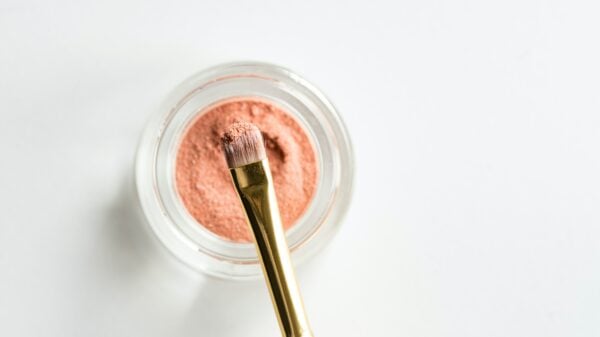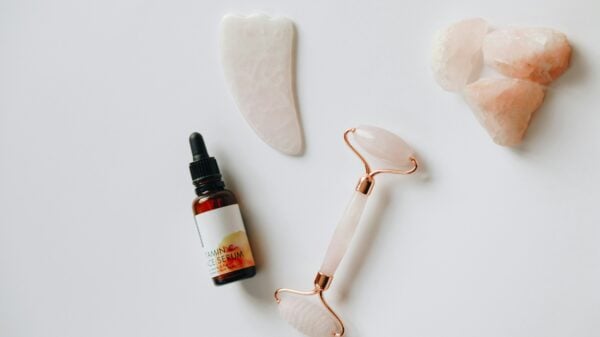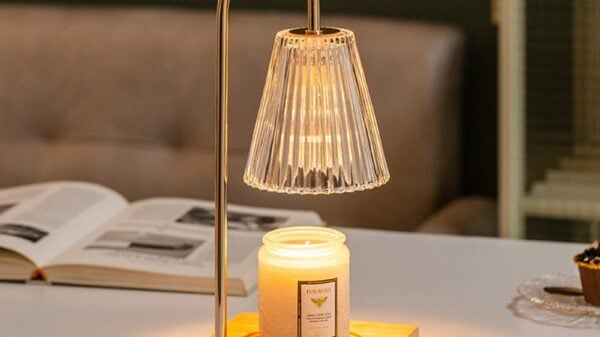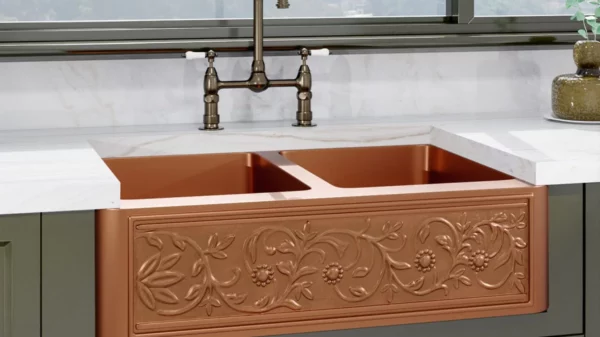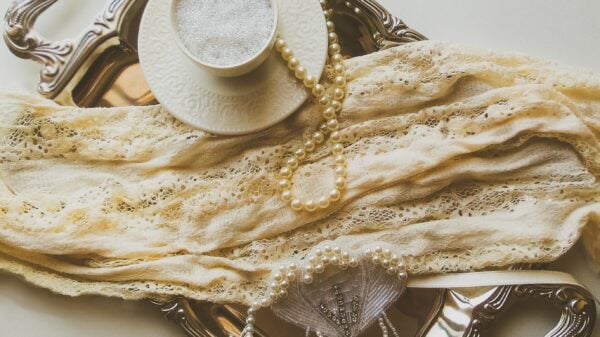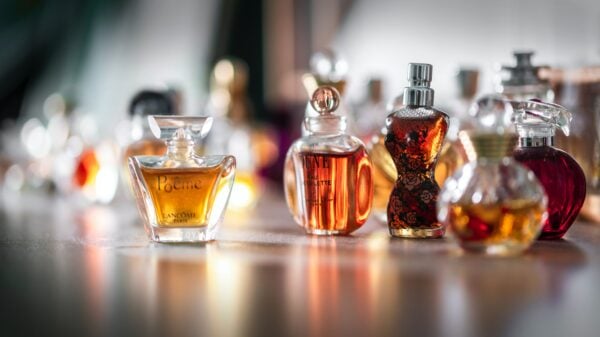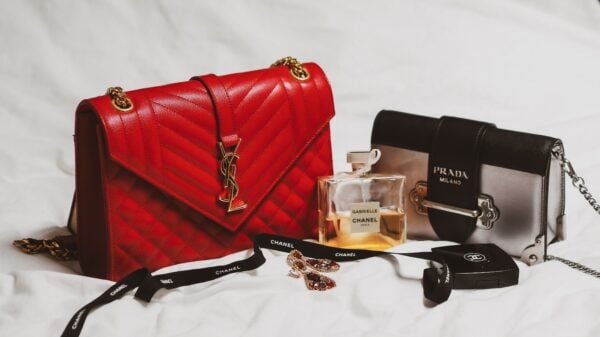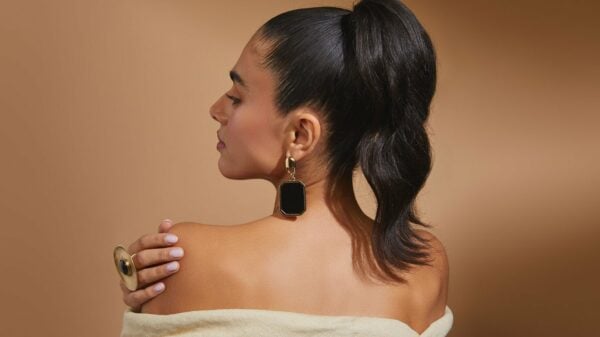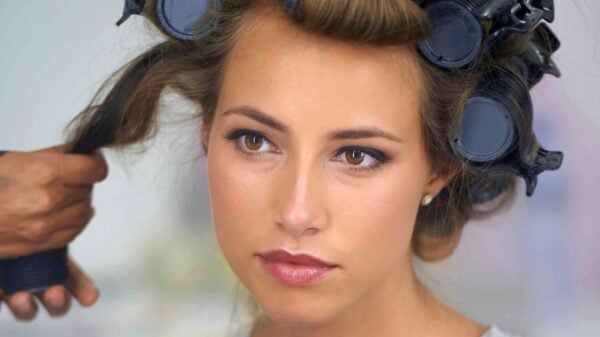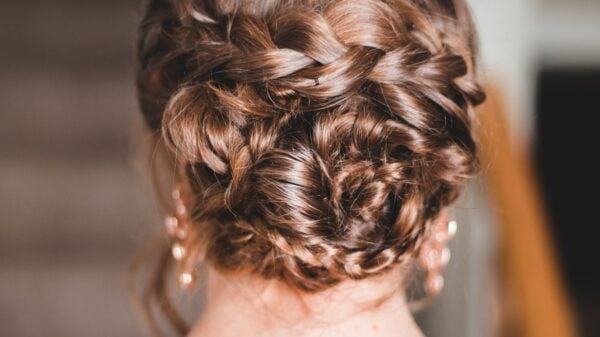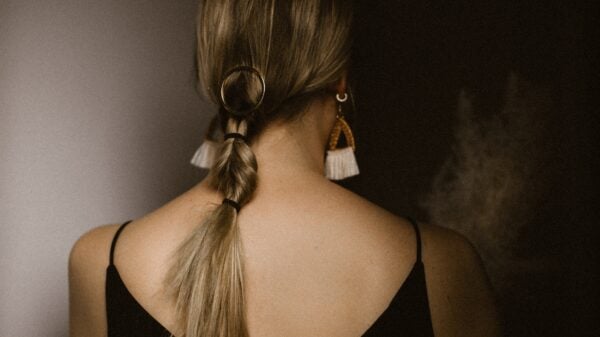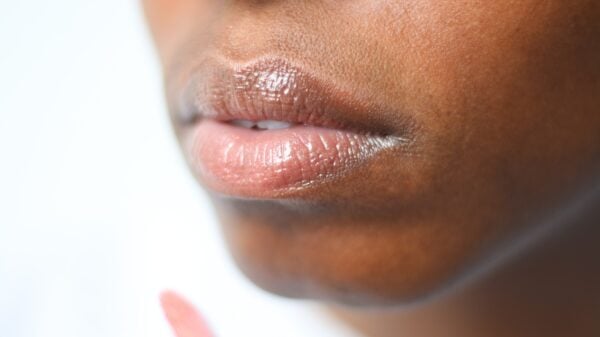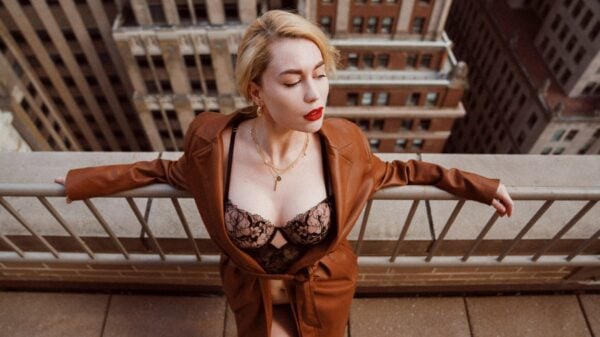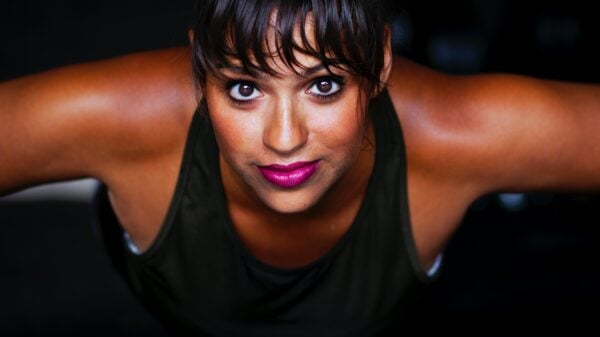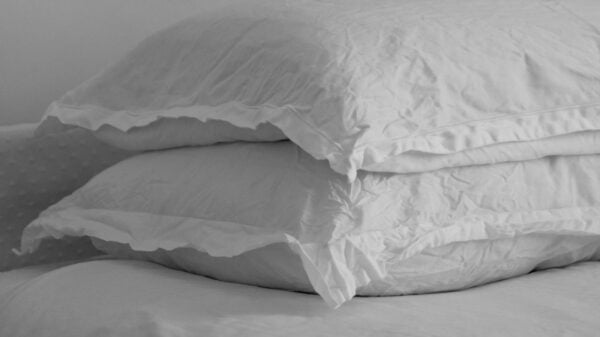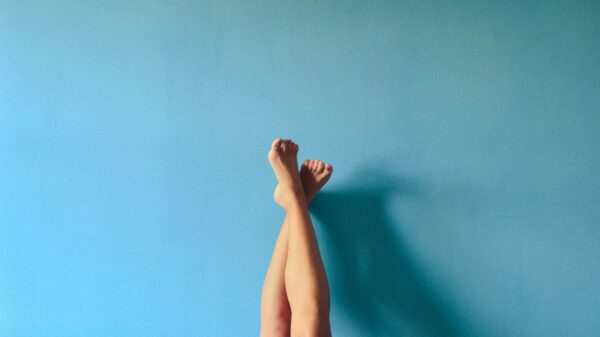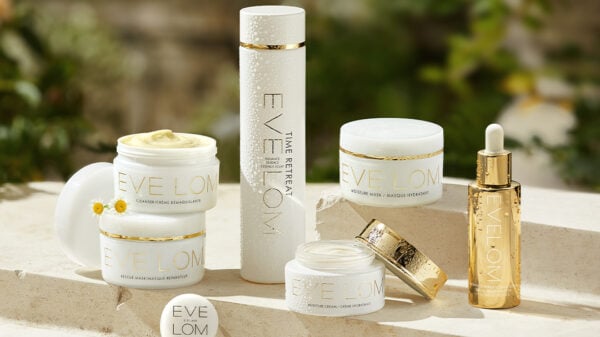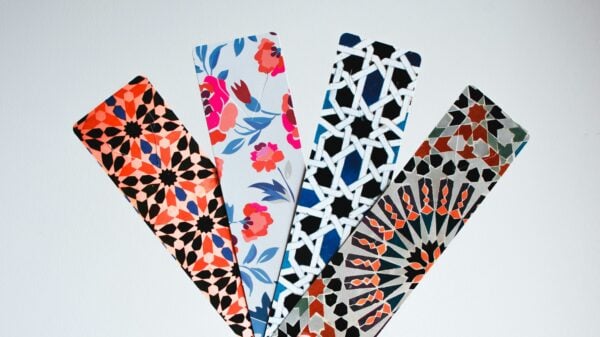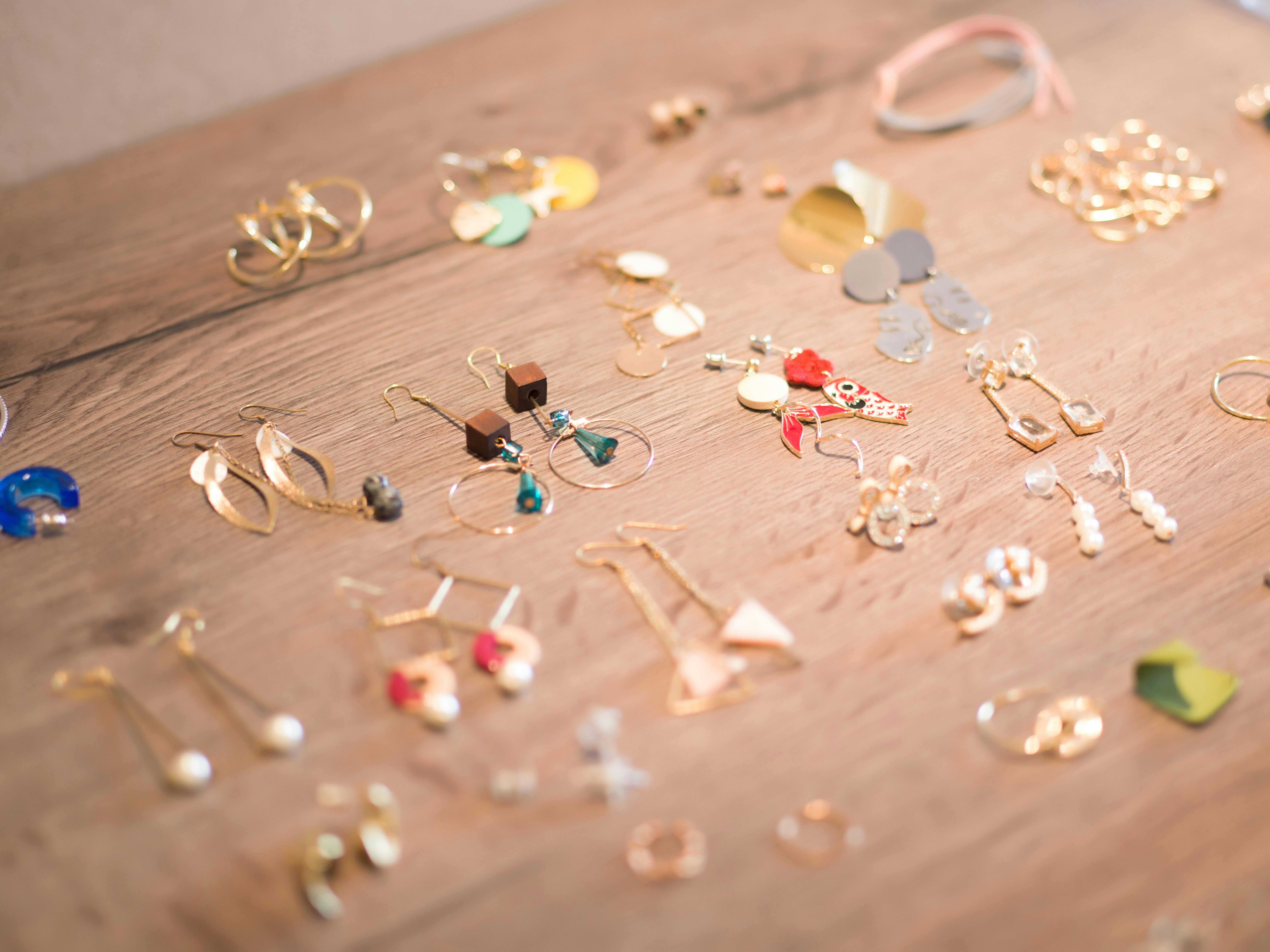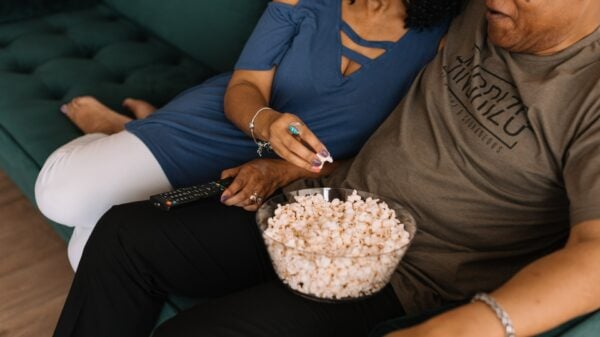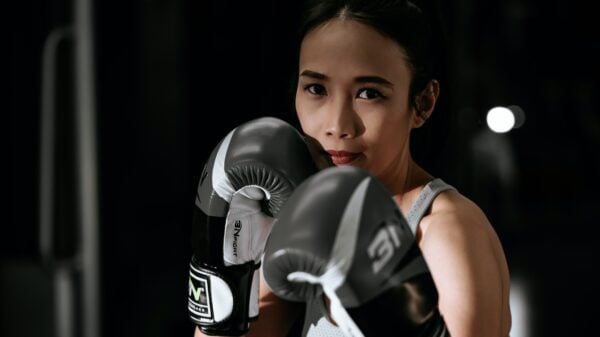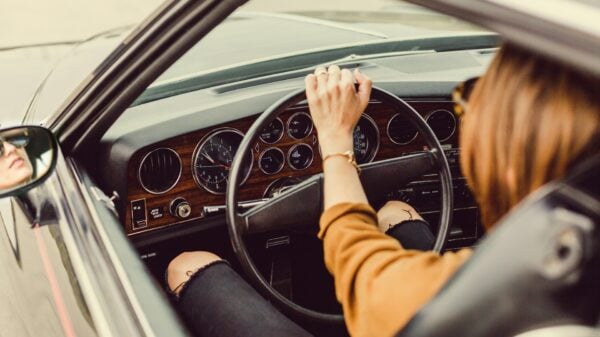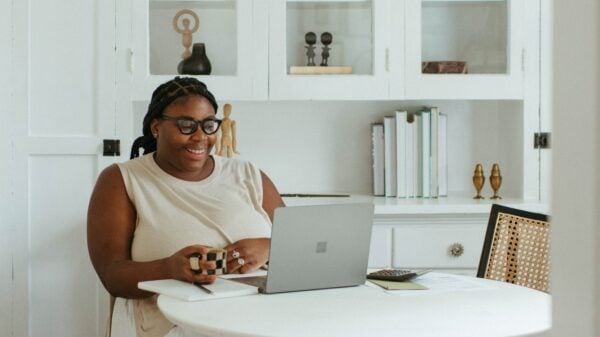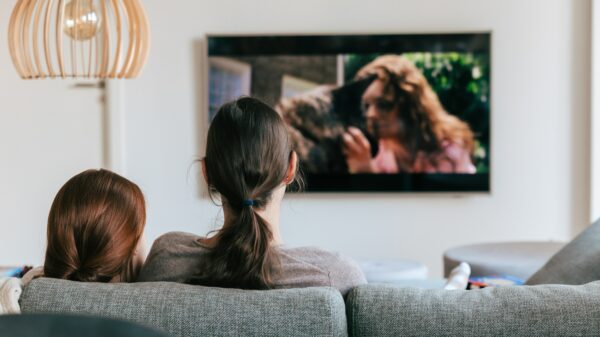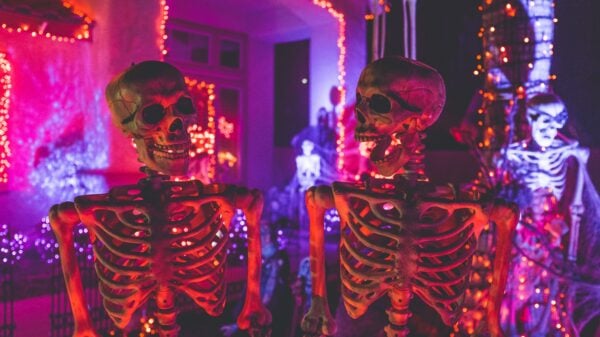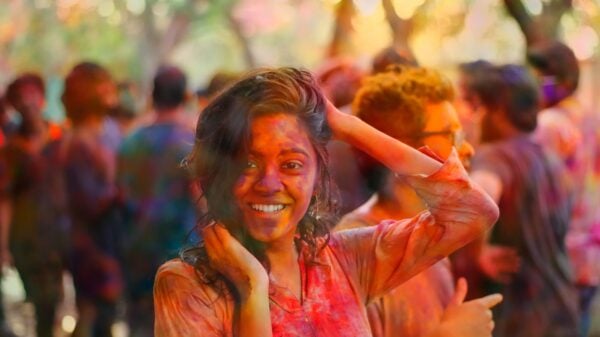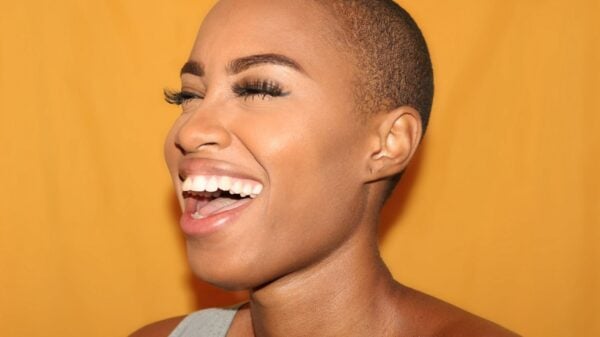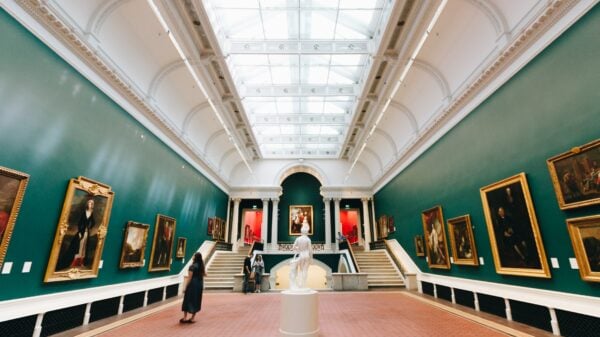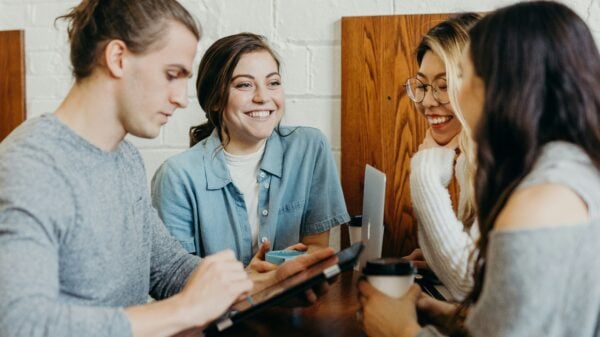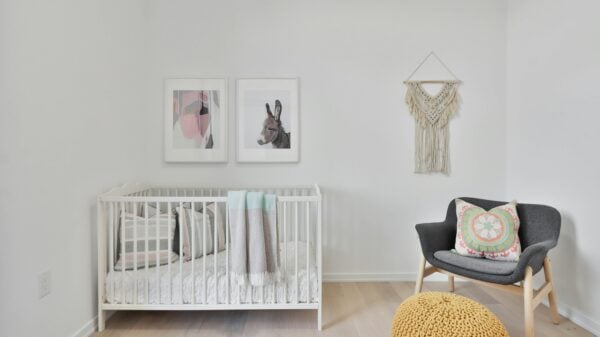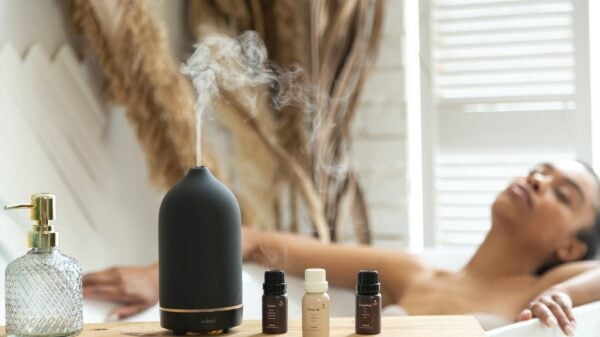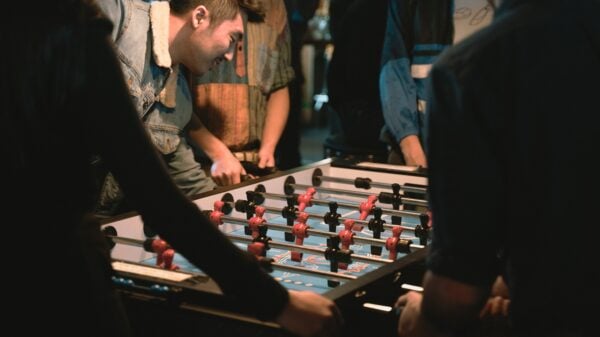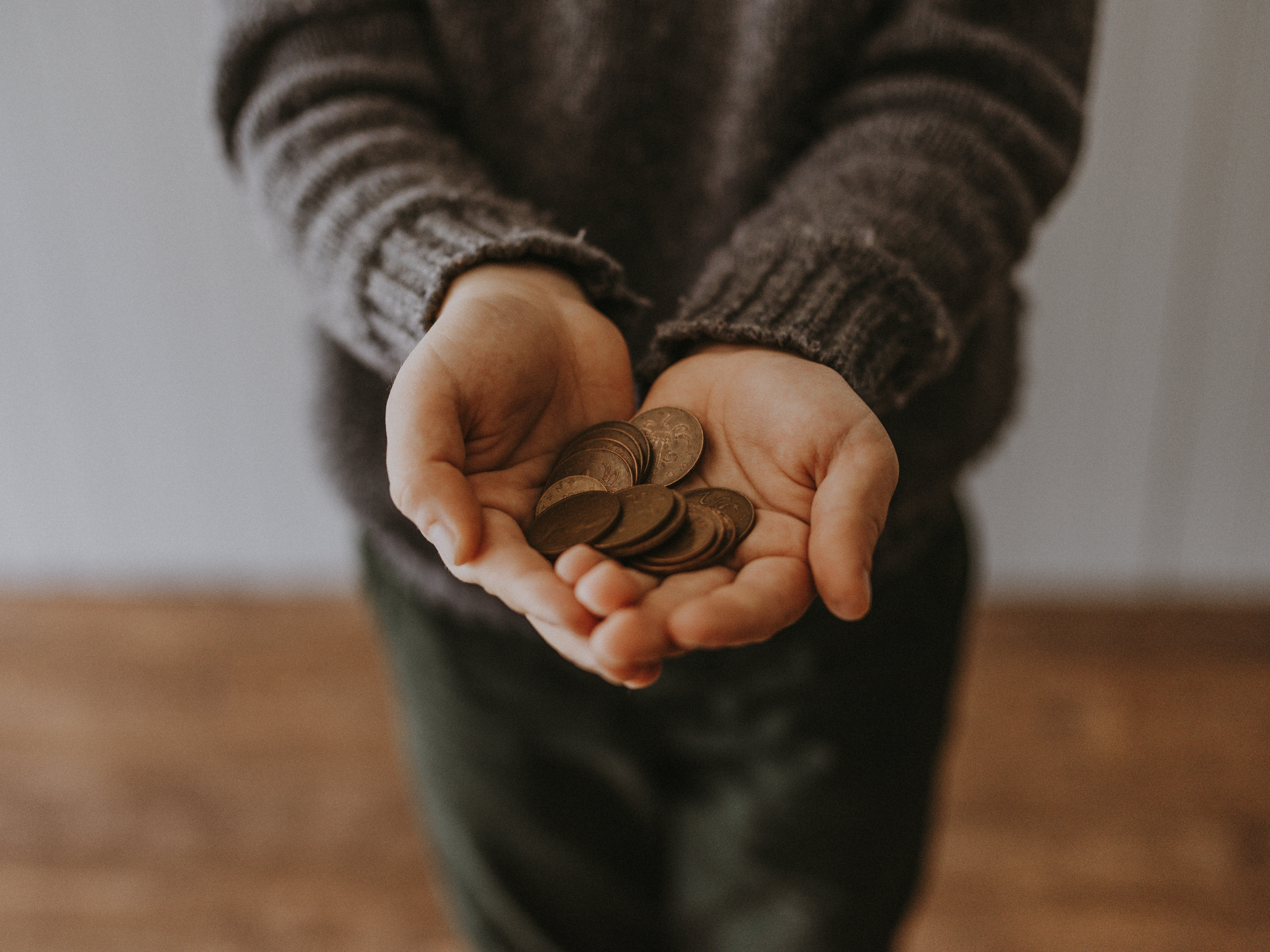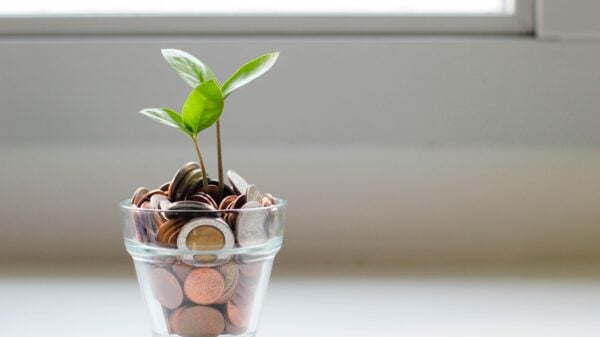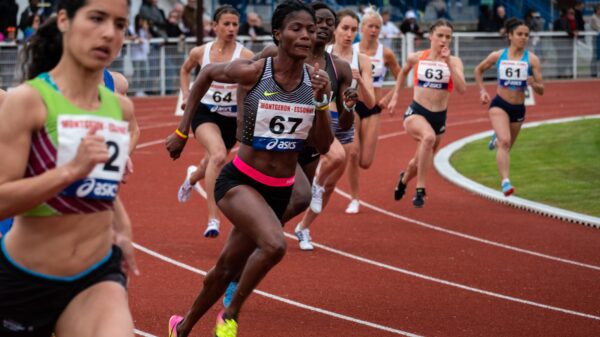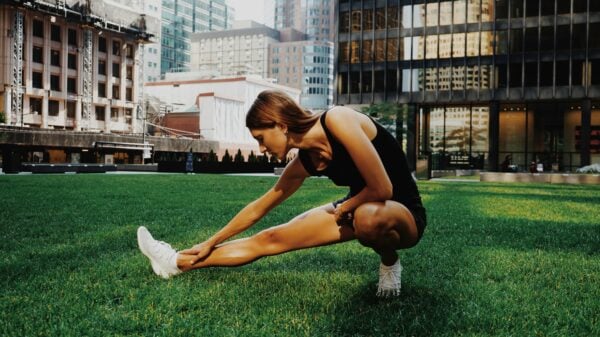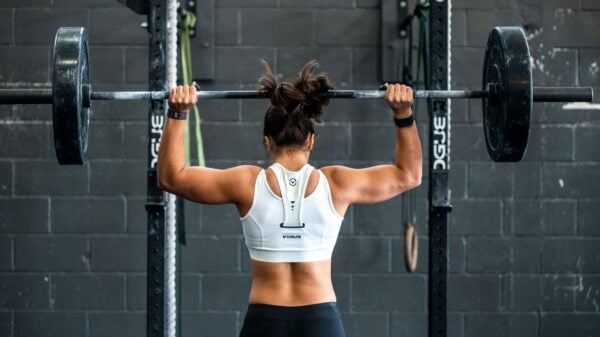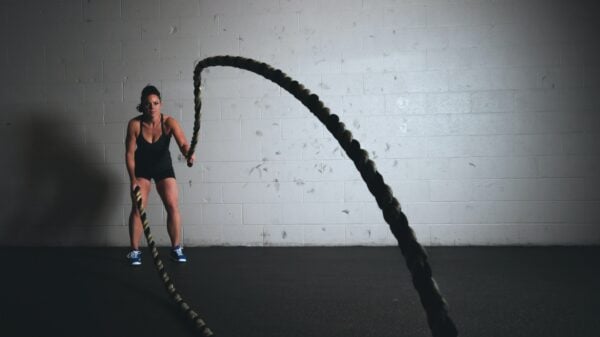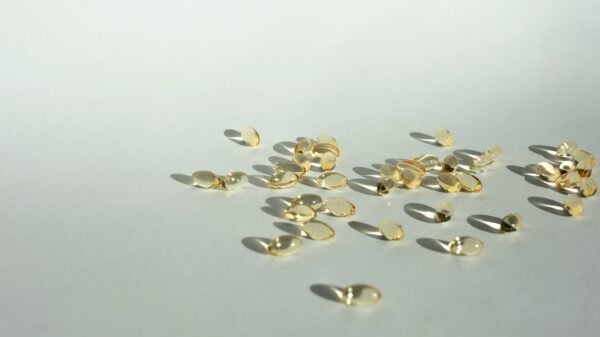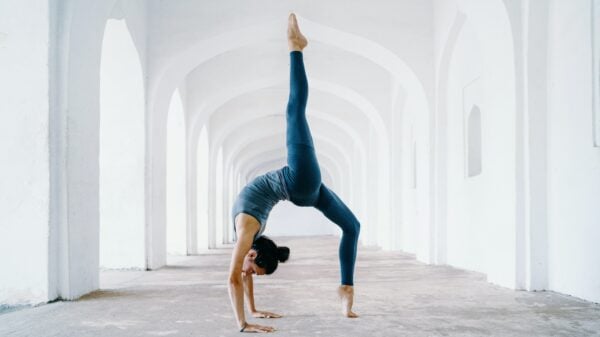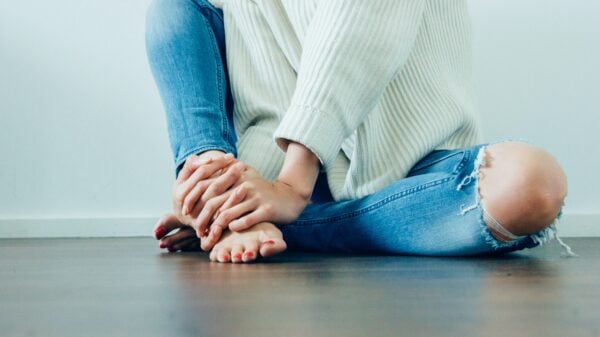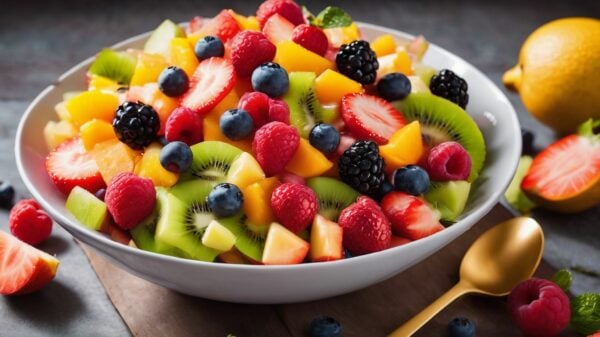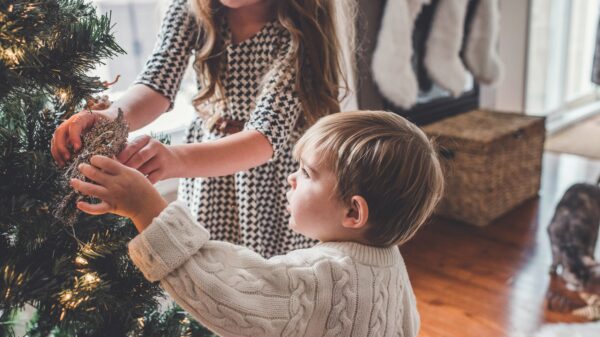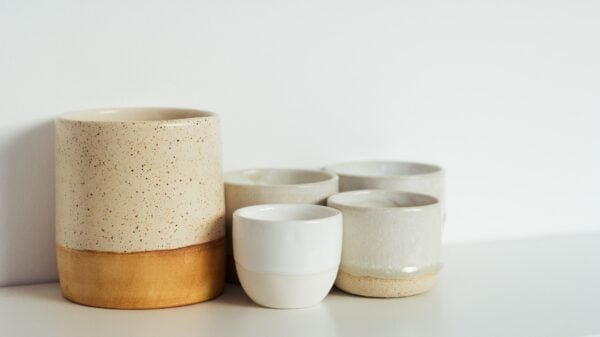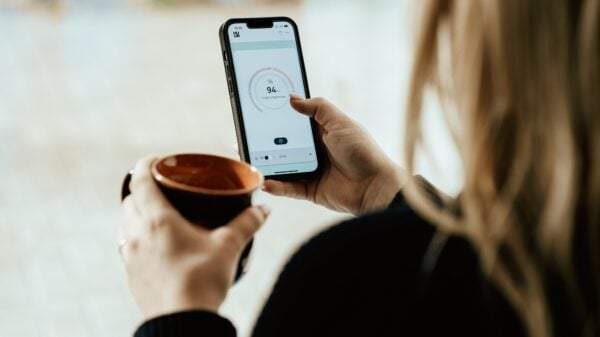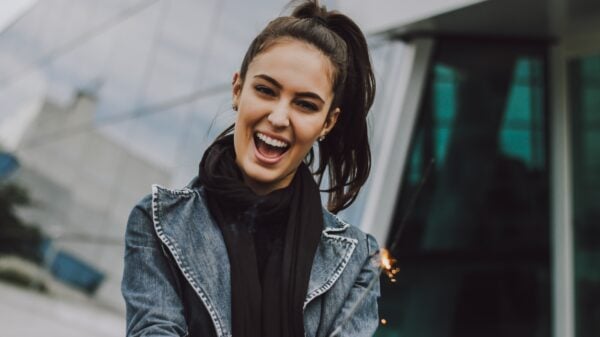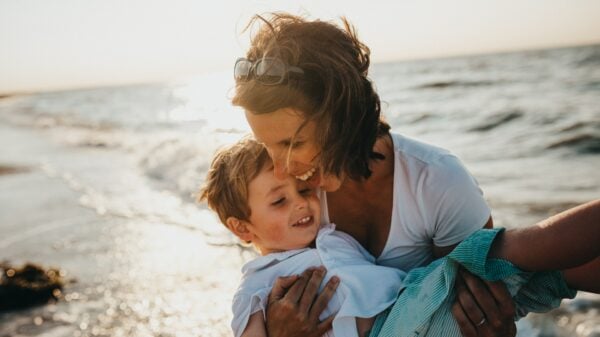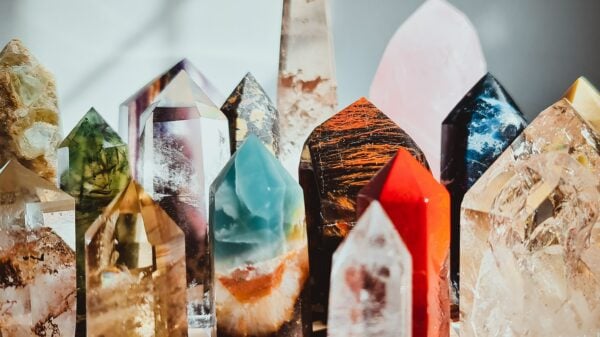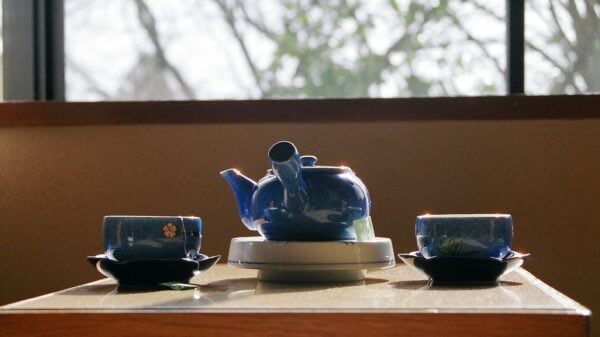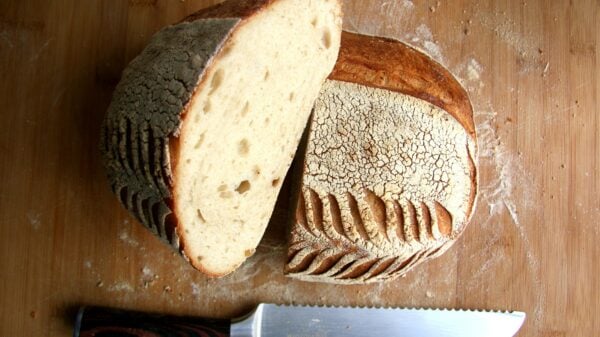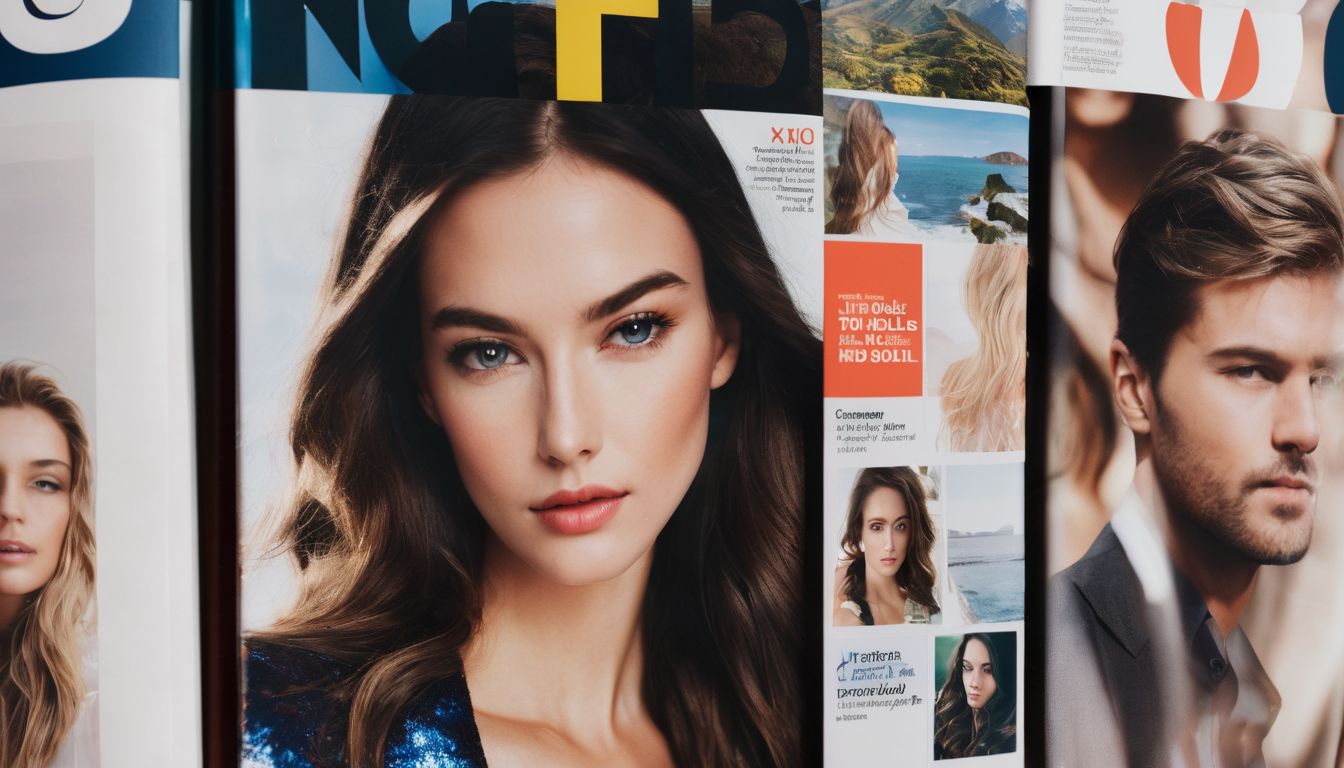Are you constantly feeling pressured to look a certain way due to the beauty standards glorified by media? Studies reveal that 80% of women feel insecure about their bodies because of the unrealistic beauty ideals perpetuated by media.
This article will delve into how media influences our perceptions of beauty, its effects on body image and self-esteem. Ready to take on this eye-opening journey with us?.
How media influences beauty perceptions
Exposure to idealized media images impacts body image, distorting perceptions of beauty norms portrayed in the media and contributing to unrealistic beauty standards.
Effects of exposure to idealized images on body image
Looking at perfect images in the media can hurt how we see our bodies. Often, we feel bad if we don’t look like the people on TV or in magazines. These images are not always real. Many photos are changed to make people seem flawless.
This is done with tools like Photoshop or filters on social media apps. We start thinking that this is what normal looks like. But it’s not true! It may lead us to dislike our own bodies and wish for change that’s not needed.
Perception of beauty norms portrayed
The media plays a significant role in shaping our perception of beauty. Through advertisements, television shows, and magazines, we are constantly exposed to images that depict certain beauty ideals.
These standards often feature flawless skin, slim figures, and perfect hair. However, it’s important to recognize that these portrayals represent an unrealistic and narrow definition of beauty.
This constant exposure to these narrow standards can lead individuals to compare themselves unfavorably and feel pressure to conform. It is crucial for women ages 25+ not to internalize these unrealistic beauty norms but instead embrace their own unique qualities and redefine the meaning of true beauty for themselves.
Influence of social and online media on body image
Social and online media play a significant role in shaping our perceptions of beauty. Through platforms like Instagram, Facebook, and TikTok, we are constantly exposed to images that promote unrealistic body standards.
These platforms often showcase edited photos, filtered selfies, and heavily curated feeds that present an idealized version of beauty. This can lead to feelings of inadequacy and negatively impact individuals’ body image.
The constant comparison to these unattainable beauty ideals can result in diminished self-esteem and dissatisfaction with one’s appearance. Social media has the power to shape societal norms around beauty by perpetuating narrow standards that are difficult for most people to achieve naturally.
The impact of media on beauty standards and self-esteem.
Media plays a significant role in shaping beauty standards and influencing how women perceive themselves. Through idealized images portrayed in movies, TV shows, magazines, and advertisements, it promotes a narrow definition of beauty that often focuses on unrealistic appearances.
These portrayals create societal norms that can lead to low self-esteem and dissatisfaction with one’s own body.
The influence of social media has further amplified these beauty ideals. With the use of filters, Photoshop, and carefully curated images, individuals are constantly exposed to flawless representations of beauty.
This constant exposure can lead to comparing oneself unfavorably to others and feeling pressure to conform to these unattainable standards.
As a result of this media influence, many women may turn to extreme measures such as plastic surgery or excessive makeup use in an attempt to meet societal expectations. Unfortunately, these behaviors can further perpetuate distorted beauty perceptions and negatively impact self-esteem.
It is important for individuals to be aware of the power that it holds over their perception of beauty. By recognizing the unrealistic nature of these ideals and embracing diverse representations of beauty, women can take steps towards building a healthier sense of self-esteem based on acceptance rather than conformity.


